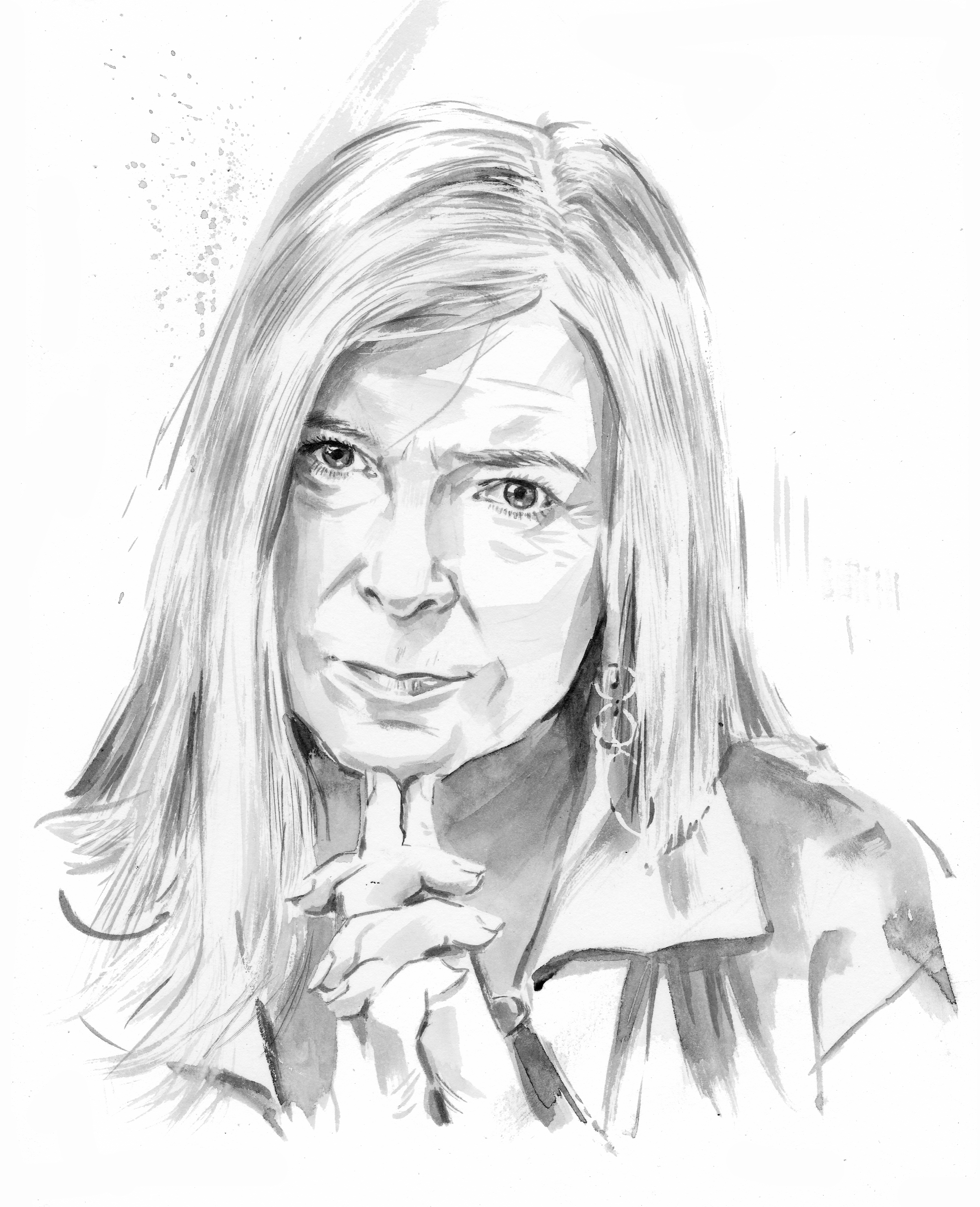I’ve written before about Canadian educationalist Dr Shelley Moore’s knack for explaining the unwieldy classroom with clear analogies.
My favourite is the seven-10 split; the bowling shot that reaches all 10 pins precisely by aiming at the outliers, not the middle. It’s a great analogy for the habit change we want to see embedded across the wider system today: to focus on marginalised learners.
You may feel this is happening already with the current priority given to children with special educational needs and disabilities (SEND) on every school improvement plan.
Putting marginalised pupils first
But it’s not about favouring those on the margins, rather pivoting our thinking on marginalised pupils to first rather than last.
If leaders, teachers and policymakers adopt this right across the system, as is increasingly the ambition, we can hope for change.
There is much to be done to ensure everyone pivots. It still never fails to amaze me just how many research projects in education development have no reference points for children with SEND, especially in light of the fact that 40 per cent of students will be identified as having SEND at some point between the ages of 5 and 16.
To create inclusive systems for teachers to build equity deeper into their practice, we also need to ensure these are steeped in understanding of the outliers, not just the “typical” learners.
More from Margaret Mulholland:
Let’s take adaptive teaching as an example. There are high expectations that staff will “do” adaptive teaching, but to ensure impact, we need more than a repertoire of strategies in an adaptive toolkit. We need to understand how to use the knowledge of our learners to identify the best strategies to use and when.
A recent session I had with an early career teacher crystallised this difficulty for me. He was a clever mathematician, struggling to plan for a significant number of pupils in his class. He couldn’t understand why they weren’t engaging well in his lessons, despite applying the recommendations in his support plan.
He was encouraged to trial some adaptive teaching strategies (increase the scaffolding and model further examples), but the outcomes he expected still didn’t materialise. He actually needed more learning and practice in how to flex the strategies appropriately to the pupils in his class to meet their needs.
The point is that adaptive tools won’t shape adaptive teaching without adaptive practice, underpinned by knowledge of the pupils and how we adjust to the pupils that we are teaching, as the research on adaptive expertise tells us.
The support this teacher has more broadly through instructional coaching needs to capture and learn from the complexities experienced by pupils and enable him to choose the right adaptive teaching strategies at the right time.
Adaptive expertise for all
I’ve long been an advocate of adaptive expertise and I’m excited that it has piqued the curiosity of schools. We know it’s important and recognise the Education Endowment Foundation’s evidenced best bets for SEND.
But to make better decisions to inform our teaching, we need more practice in applying adaptations, recognising that learning about scaffolding or metacognition alone is not enough to gain the adaptive expertise to increase the impact of our collective efforts in learning to teach all children.
A fundamental component in support of CPD and early-career mentoring should be prioritising how we collaborate and problem solve in support of children who are finding learning difficult. Building adaptive expertise is a means of improving our teaching for all, yet it could be so much more if focused first on complexity.
Indeed, this applies to many brilliant initiatives that improve teaching: instructional coaching, Rosenshine’s principles, the use of cognitive science. All are incredibly positive in terms of understanding the mechanics of codifying learning. I would argue they aren’t maximising their capacity to make a significant impact when, as Shelley Moore would say, they are all bowling at the middle pin.
Only with supportive and agile leadership will we see teachers comfortable with learning from complexity, establishing the habits of test and learn, inquiry and collaboration that can refine the adaptive practice these children need over the reliance on routine.
Let’s bowl with the outside pins firmly in our sights and develop pedagogical approaches that plan for marginalised learners first.
Margaret Mulholland is the special educational needs and inclusion specialist at the Association of School and College Leaders
For the latest research, pedagogy and classroom advice, sign up for our weekly Teaching Essentials newsletter






